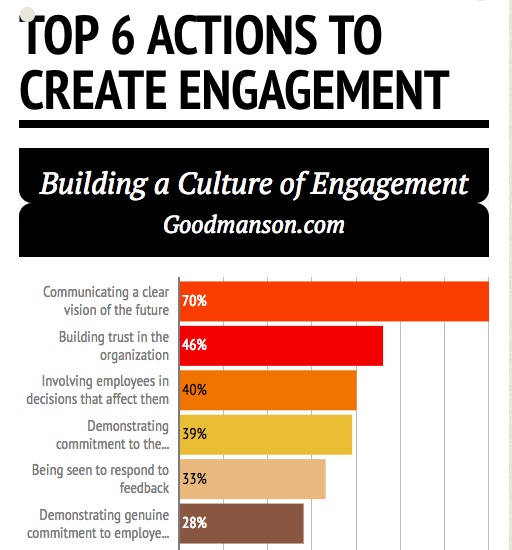 Most survey studies that include questions about religion only have space to ask about basic religious indicators such as church attendance and belief in God. Baylor releases a study that claims "it is the most extensive and sensitive study of religion ever conducted, linking up with the pioneering surveys conducted by Rodney Stark and Charles Y. Glock in the 1960s…It plumbs all facets of American religion and spirituality in depth − nearly 400 items cover such matters as religious beliefs and practices, including religious consumerism, as well as nonstandard beliefs (astrology, "Bigfoot," alien visitors, etc.) and practices (meditation, New Age therapies, etc)."
Most survey studies that include questions about religion only have space to ask about basic religious indicators such as church attendance and belief in God. Baylor releases a study that claims "it is the most extensive and sensitive study of religion ever conducted, linking up with the pioneering surveys conducted by Rodney Stark and Charles Y. Glock in the 1960s…It plumbs all facets of American religion and spirituality in depth − nearly 400 items cover such matters as religious beliefs and practices, including religious consumerism, as well as nonstandard beliefs (astrology, "Bigfoot," alien visitors, etc.) and practices (meditation, New Age therapies, etc)."
Some interesting findings include:
Nearly a fifth of Americans believe God favors the United States in world affairs.
On the demise of denominationalism:
“We find that just asking about religious preference, 33 percent of respondents said, ‘I don’t know about my religion,’ ” Dougherty said. “But five questions later, they gave us the name of their congregation.” The confusion stems from the rise of nondenominational churches, he said. “Denominations don’t mean as much as they used to,” he said. “People don’t think of themselves as good Southern Baptists; they tend to think of themselves as good members of a particular congregation.” (Source: ReligionNewsBlog.com Nearly 20% in U.S. see God as on America’s side)
The majority (31 percent) of Christians believe in an “Authoritarian God” versus other reponses.. (Critical God 16 percent, Distant God 24 percent). Great chart of this at thenonist.com American Piety in the 21st Century)
DOWNLOAD the Full Report: American Piety in the 21st Century: New Insights to the Depths and Complexity of Religion in the U.S

